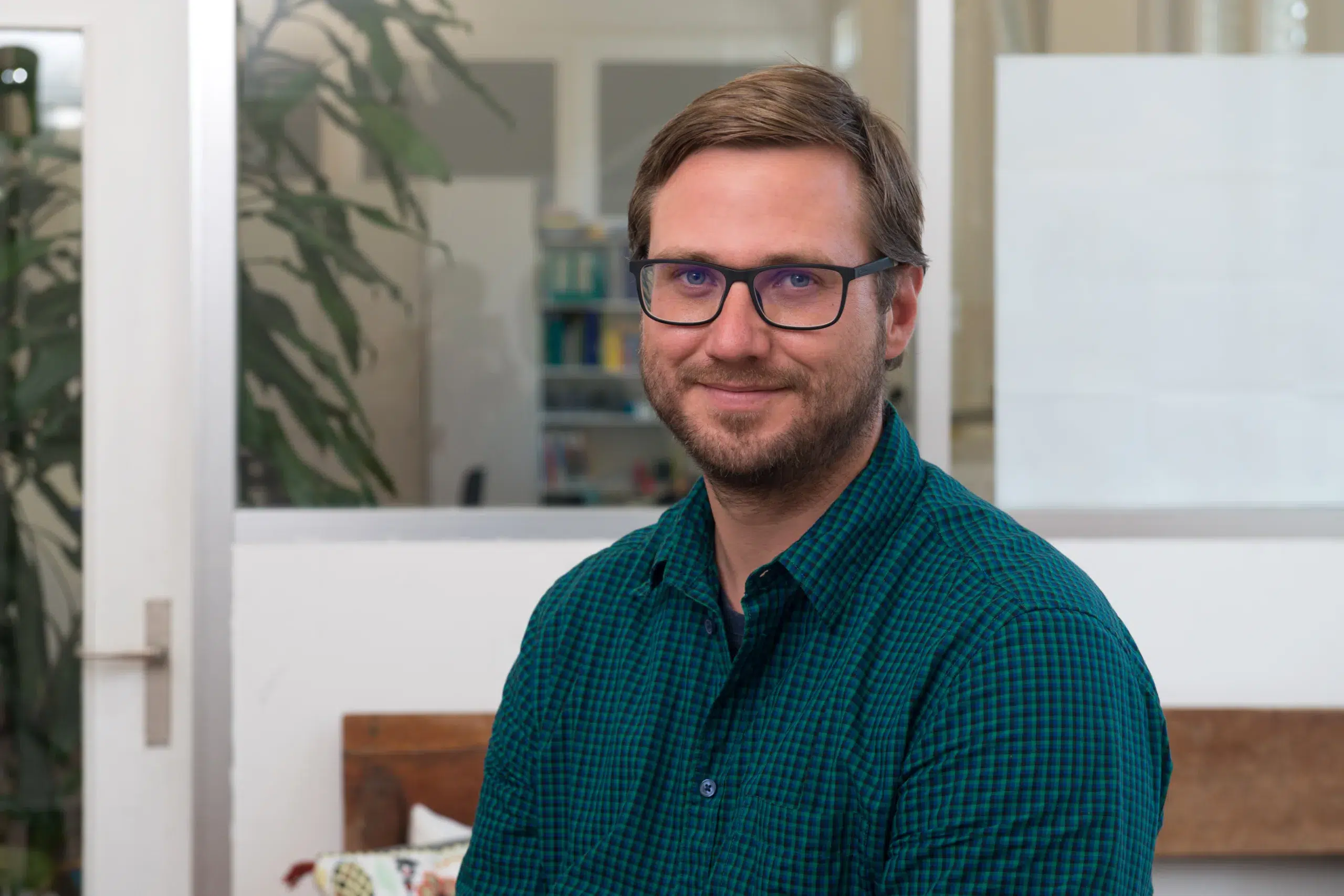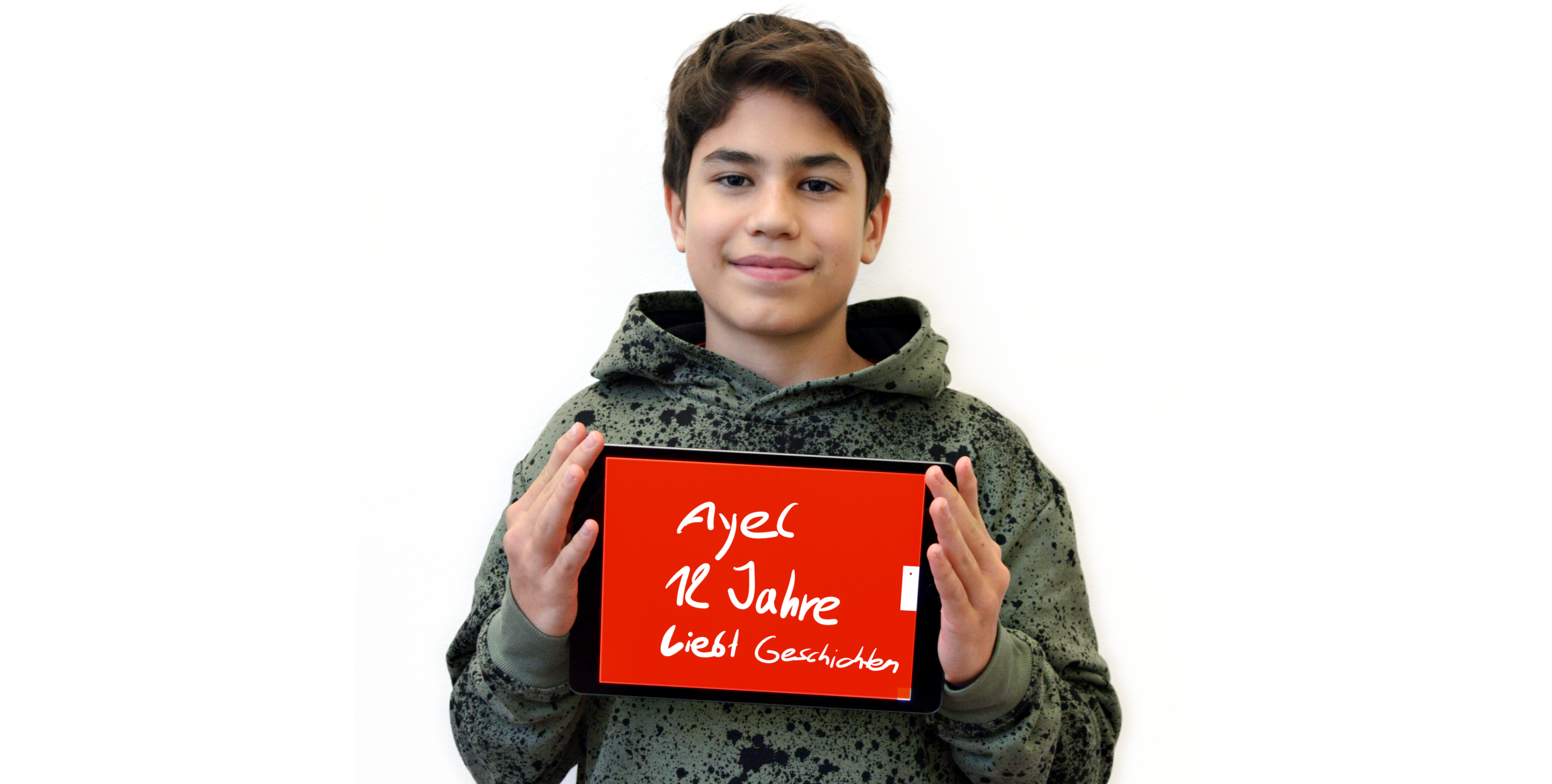An interview on careers lessons with Frederick Hart, Pedagogic Co-supervisor in Cycle 3

Frederick Hart, career choice becomes a dominant topic in Cycle 3. How do you help students to choose the right path for them?
In the first grade of secondary school, our students take part in Future Day, where they consider their choice of career for the first time. At this point, they are already getting an insight into the world of work and what it offers. Actual careers lessons start in the second grade of secondary school. The students first of all get to know the various types of assistance available online, and we also visit the careers centre (Laufbahnzentrum). In the initial weeks following this, we primarily focus on Switzerland’s dual education system and the opportunities this offers. By completing a range of tasks, the students get to know their strengths and weaknesses. They also complete at least one questionnaire to identify fields of work that might be a good fit for them. We allow and support tasters from the first grade of secondary school onward. Students are actively encouraged to arrange tasters from the second grade of secondary school. Our approach from then on is that they should arrange as many tasters as possible.
It’s very important to me for students to choose a career that fits their individual interests, so I try to make them aware of the difference between their own needs and those of others. But even when they know their own needs, they sometimes may not meet the educational requirements to take the path they want to. It’s important in these cases to patiently provide support and come up with different alternatives that the learning coaches believe are suitable.
Does LIPSCHULE approach this process differently to public schools?
No. We generally use the same materials (primarily yousty.ch). However, the learning coach system allows us to provide more individually tailored support than public schools. The learning coaches also follow up on how things are going and want to know what stage the students are at. They also give them valuable tips and make sure they’re motivated.
Society often values academic careers more highly than others. Do you still advise students to complete an apprenticeship?
It’s a myth that you can only get a well-paid job if you go to the Gymnasium and pass your matura – and one that’s particularly widespread among expats. The dual system allows students to go to university after their EFZ apprenticeship, via the vocational matura or the university aptitude test (“Passerelle”). I firmly believe that an apprenticeship benefits a lot of young people, not only because of the training they get but also because they learn how to handle their salary, deal with responsibility and get used to working with adults. The profession doesn’t make a difference – this experience can be gained in every apprenticeship.
How are students who want to carry on at school supported and encouraged?
We offer an internal preparatory course for the entrance exam for further schooling. However, there is a separate charge for this. The students who take this course are also given individual support in other lessons. For example, they’re encouraged in their coaching meetings to complete additional assignments.
What do you do when a student has few or no interests that could be linked to a career?
I encourage that student to find out about a lot of different jobs, preferably in taster apprenticeships. This usually triggers an interest in a particular career. Or we talk about plans for the future to work out what would be the next step towards achieving them. It isn’t always a matter of having “one” area of interest that is then turned into a career. The dual education system is very flexible, so it isn’t always necessary to take a particular direction that will fit over the long term right from the outset. The world is constantly changing, and people’s jobs are changing along with it. Everything is dynamic, so nowadays people no longer decide on “one” job for the rest of their life. I also make this clear to students.
<<<















